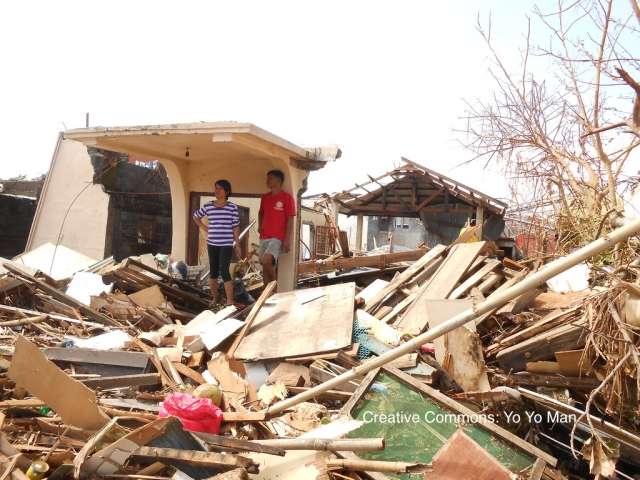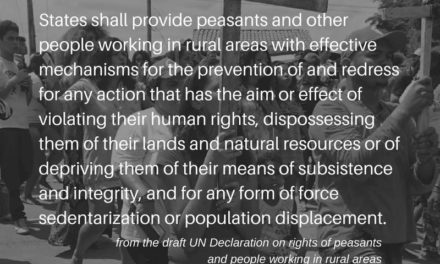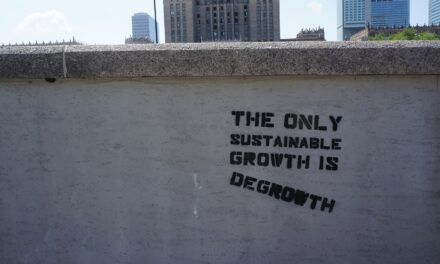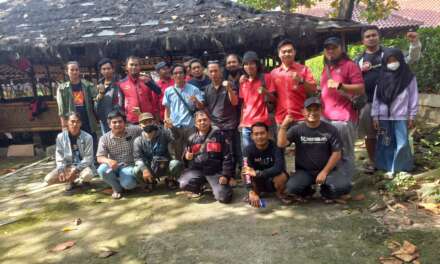By Clarissa V. Militante
I shudder at the word ‘czar’, a very powerful person or someone imbued with great authority says the dictionary. It is now being attached to the name of newly-appointed cabinet member former Senator Panfilo Lacson. Contrary to what being a czar implies, what has become evident in the aftermath of Yolanda/Haiyan is the need for an effective leadership not imbued with so much power but with compassion and the ability to listen to people, however different their politics may be, and to respond accordingly as well as decisively; too, the ability to harness the efforts of organizations and individuals doing relief and are planning to help in rehabilitation.
Since the Memorandum of Order President Aquino signed calls Lacson’s post as that of “Presidential Assistant for Rehabilitation and Recovery,” we can probably dispense with the word ‘czar’, which appears to be more a media creation, though not necessarily with the shudder—or at least the concern. Not after hearing the first public pronouncements of Senator Lacson about the main thrust of government’s rehabilitation and recovery program. Government will “tap the private sector” so that rehabilitation can do away with “bureaucratic red tape,” as the private sector is deemed more efficient. Certainly not after Mr. Lacson has claimed as one of his main challenges “motivating investors” to invest in the reconstruction of the devastated areas. The government plans to allocate P41 billion for rehabilitation, but Lacson said he’d rather tap private sector and the foreign donor community first than use this fund.
The first claim about private sector efficiency should not be taken as a truism. Even in developed and rich countries where the private sector (read corporate) is more advanced in terms of organization, financing, technological capability, this myth of private sector efficiency has often been busted. Here at home, we are now harnessing the failures of the privatization of the energy sector. Twelve years after the passage of the Electric Power Industry Reform Act of 2001, the promised equal level playing field, prevention of monopolies, and inexpensive but efficient power delivery did not materialize. The Senate is now calling for the review of the EPIRA law.
Why has it always been touted that private sector is more efficient? Why can’t government do its job and be efficient in doing it? The president’s Daang Matuwidafter all is not only about honesty or fighting corruption; in his inaugural speech, the president underscored that his straight path would be about honest, principled, and effective governance.
The alarm bells are not without basis.
In a conference on land rights and land grabbing, conducted last December by Focus on the Global South and the Rural Poor Institute for Land and Human Rights Services (RIGHTS) Network, peasant leaders from the Yolanda-affected Sicogon Island, Iloilo, expressed concern over the alleged plans of the Sarroza family, owner of the Sicogon Development Corporation, to develop the island into a tourist area not unlike Boracay. SIDECO, with funding from a Singaporean-based investor, will supposedly develop the whole island into a tourism zone.
In the aftermath of the 2004 Indian Ocean tsunami, which resulted in the deaths of more than 200,000 people and displacement of millions more in Indonesia, Thailand, Sri Lanka, and India, coastal and farming communities also have had to face land and tenure disputes, as private companies, with government backing, found an opportunity to push their own business designs during rehabilitation.
A 2006 study of the International Institute for Sustainable Development Report, Addressing Land Ownership after Natural Disasters, based on a survey of the tsunami survivors, underscored the danger in “the displacement of large numbers of people without clearly defined land ownership (which) can enable private and government ‘land grabs’.” It also emphasized the crucial role of government in putting coherence in the efforts of non-government and donor/humanitarian organizations to ensure that the displaced communities are not left out of the process of re-registration, retitling, and reconstructing records on land claims and ownership.
Naomi Klein, author of The Shock Doctrine: The Rise of Disaster Capitalism, has talked about how post-disaster and -conflict reconstruction projects have been used by governments, international financial institutions like the World Bank, and corporations. Explaining disaster capitalism as finding “exciting marketing opportunities” in the wake of major crises, such as natural disasters, while people are still in shock or suffering from trauma, Klein recounted in her 2007 book the experiences of fishing communities in Sri Lanka and other coastal areas affected by the 2004 tsunami. Governments created unsafe “buffer zones” and disallowed the villagers to return because it was not safe, while on the other hand allowing developers to construct beach resorts and hotels.
At the home front, we read about how Badjao families displaced during the Zamboanga conflict will be relocated away from the sea, which is not only source of livelihood but of life and culture to this ethnic community. Meanwhile the Romualdez family is now “locked in a battle” with informal settlers trying to rebuild their communities; the Romualdezes, claimed the communities, want to develop the land—a move seen benefitting the family not only economically but will also enhance their political future.
There used to be communities of farmers, fisher folk, indigenous peoples, entrepreneurs in these areas devastated by Yolanda. Where is the space for these people to voice out their concerns and express their own visions for not only for rebuilding their homes and rehabilitating the lands, but also for reclaiming their lives and future? We have witnessed survivors’ tenacity to rise above the trauma among the survivors. Hopefully this space will not be closed to them who have lost a lot. The devastation from Yolanda is something the Philippines has not experienced; the tasks for rebuilding are enormous, but government can tap on the on-going efforts of humanitarian, aid, and civil society organizations, as well as of the survivors’ themselves. Helpless, the survivors are not. They overcame nature’s wrath; defied loss and hunger, and are now prepared to rebuild their lives. Even as this piece was being written, affected communities with support from civil society are putting back infrastructure for their water supply; building boats for fishers; clearing the lands and preparing to make them productive again. Government can—should—make partners of them. #
Ms. Militante is Coordinator of Focus on the Global South-Philippines and author of the novel “Different Countries” (Anvil Publishing, 2010; long-listed in the 2009 Man Asia Literary Prize) and forthcoming novel “We Who cannot be Daughters” (UST Publishing).






![[IN PHOTOS] In Defense of Human Rights and Dignity Movement (iDEFEND) Mobilization on the fourth State of the Nation Address (SONA) of Ferdinand Marcos, Jr.](https://focusweb.org/wp-content/uploads/2025/07/1-150x150.jpg)



